Knowledgebase
Latest from Kingshay's Knowledgebase
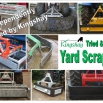
Good quality scraping is important for feet and udder health. Read our independent yard scrapers report which includes results from the members survey and 'hands on' asse...
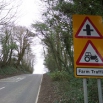
The laws on farm vehicles can be a bit of a minefield and many farmers may not even realise that they are breaking them. Should I be using red or white diesel? Do I...
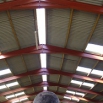
Poor dairy building ventilation can have dramatic consequences on milk production. Research suggests 50% of buildings designed for livestock are not suited to the housed ...
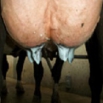
Each new case of mastitis costs around £276. Many of these cases appear in early lactation, with up to 50% attributed to management in the dry period. Subclinical mastit...
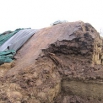
Listeriosis, also known as ‘circling disease or ‘silage sickness’ is caused by the main bacterium in the Listeria genus, Listeria monocytogenes (L.mono), which is n...
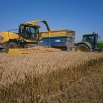
Wholecrop cereals can provide an alternative option for winter forage and are a good substitute for maize in the ration. Choosing the optimum time to harvest will largely...
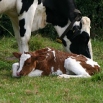
The post-calving period is a difficult time for a cow who has to recover from the stress of calving, fight off disease and infection and produce milk. Having an effective...
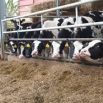
Replacement heifers are one of the most valuable assets but also biggest costs to a farm. Physical development is more important than age at first calving for a success...
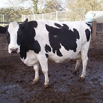
The sale of cull cows provides important extra income to a dairy enterprise and decisions on when and how to sell animals will influence the price achieved. The decision�...
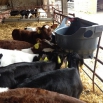
Kingshay's Youngstock Management Survey showed that 87% of farmers have seen cases of calf pneumonia and 50% joint ill on their farm. Good calf management is crucial if a...
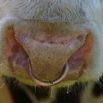
Natural service can save time and money, but a poorly performing bull can be costly if conception rates are low. Is your bull in peak form? With up to 33% of bulls though...
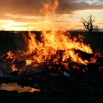
Agricultural waste is "any substance or object from premises used for agriculture or horticulture, which the holder discards, intends to discard or is obliged to discard....
